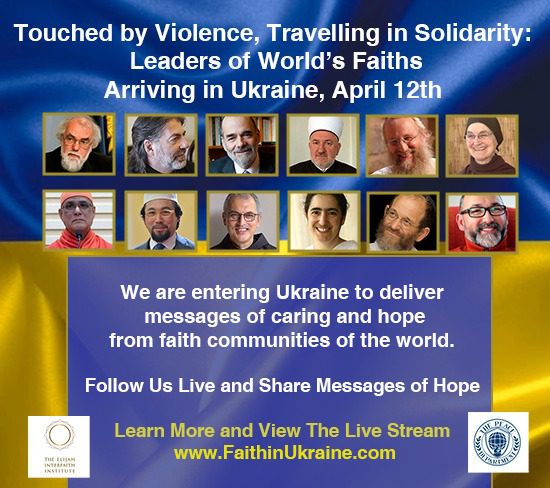

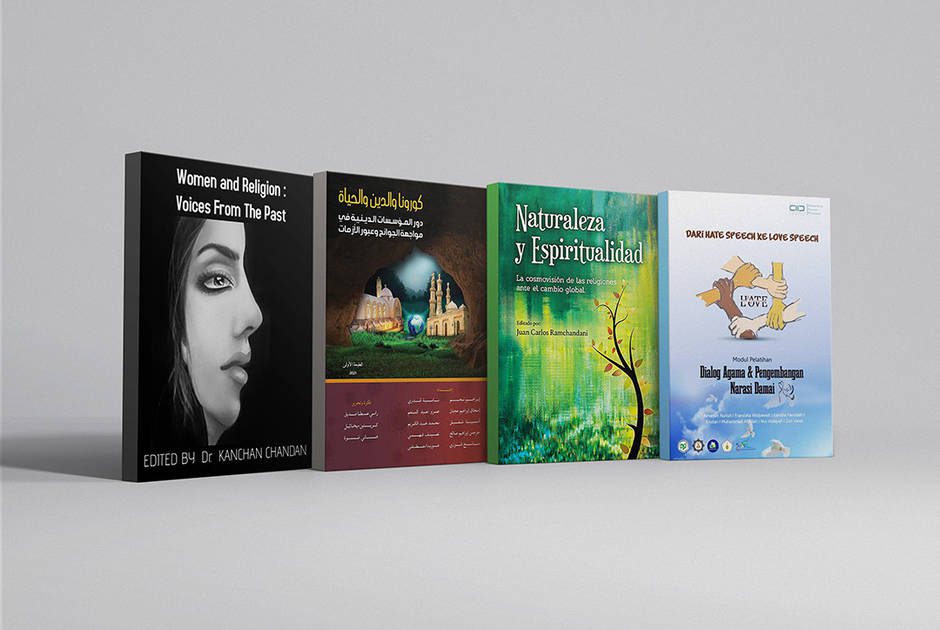

Publishing a book is no minor feat. Although many people may have an idea — and may even set out to write it — getting a book from concept to copy takes dedication, skill, and courage.
It also takes sufficient support. Now, thanks to grants from KAICIID, 20 new interreligious dialogue related books, guidebooks, and modules are being published by KAICIID Fellows from different parts of the world, in 12 languages. Funding was provided as part of their participation in the KAICIID Fellows Programme or with a 2020/21 Fellows Alumni Micro Grant.
Sneha Roy of the KAICIID Fellows Team said, “the spectrum of the publications is wide and addresses vital theoretical and practical issues at local, regional and global contexts.”
“The nature of the publications varies from developing curriculum at formal educational organisations to academic papers and contentious interventions in children’s books,” Roy said, “the publications by the Fellows justly reflect the manner in which interreligious dialogue can be used to address social issues in our everyday lives.”
The publications will be launched as part of a virtual event organised by the Fellows Team on 13 January 2022 at 14:00 (Central European Time).
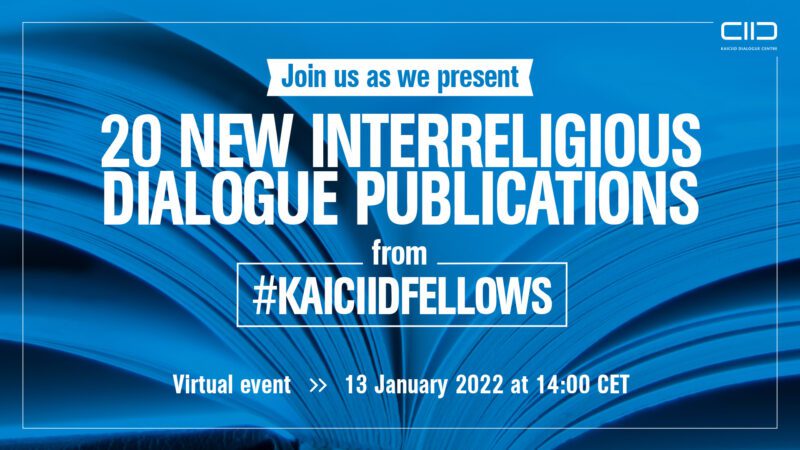

Each publication promotes interreligious and intercultural dialogue in important ways. The four highlighted publications below offer a glimpse into the impact each will have on various issues, from women’s voices to environmental protection, media literacy to confronting crises.
Kanchan Chandan was born into a Hindu family who respected multiple religious paths. She spent her childhood reading religious literature from multiple faiths, later becoming an academic with a specialisation in gender and women’s studies, as well as social inclusion.
She brought this background — and her desire to see women play a critical role in cultivating interreligious dialogue — to her edited volume Women and Religion: Voices from the Past.
Featuring six academic articles from a series of KAICIID-supported webinars in 2020, the book is meant to, “make it easier for women to promote peace and resolve disagreements,” said Chandan.
“These articles have specifically addressed the area where there is a snag,” she said.
Chandan said she hopes the collection, “will serve as a resource for not only academics, research scholars, social and political actors, and practitioners of interreligious and intercultural dialogue, but will also as a new topic of discussion for social-political think tanks interested in nurturing women in the role of peacemakers.”
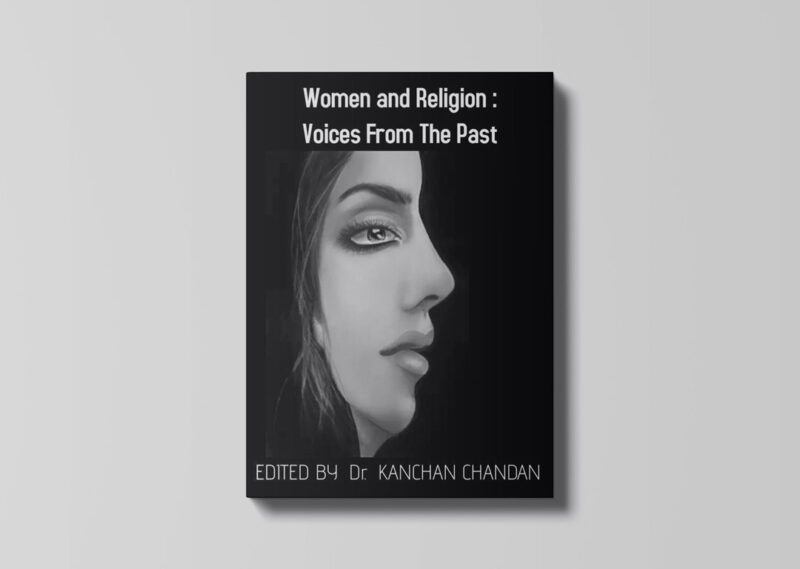

Among the many things Hani Dawah, Deputy of the Media Advisor to the Grand Mufti of Egypt and KAICIID Fellow, learned through the COVID-19 pandemic is that cooperation between followers of different religions to address common challenges is more important than ever.
In that spirit, Dawah worked with Fellows Dr. Ramy Atta and Christine Fahmi in Egypt to publish Corona, Religion and Life: The Role of Religious Institutions in Confronting Epidemics and Crossing Crises.
Dawah said the book is a collection of articles from Egyptian religious leaders and specialists on how religious institutions have confronted the pandemic, with a particular emphasis on how to overcome the psychological, social, and economic effects of the pandemic.
He and his fellow authors set out to examine the positives and negatives of this experience and the ways Muslims, Christians, and others in Egypt learned to work together, “in order to benefit from our experience and avoid mistakes in the future” he said.
“We believed the challenges faced by religious institutions and religious leaders all over the world during the pandemic were worth contemplating,” Dawah said, “to show that cooperation in light of humanitarian crises leads to successful solutions.”
“Cooperation between people of different cultures and religions is the best way for humanity to survive in adversity,” he said, “we must work together.”
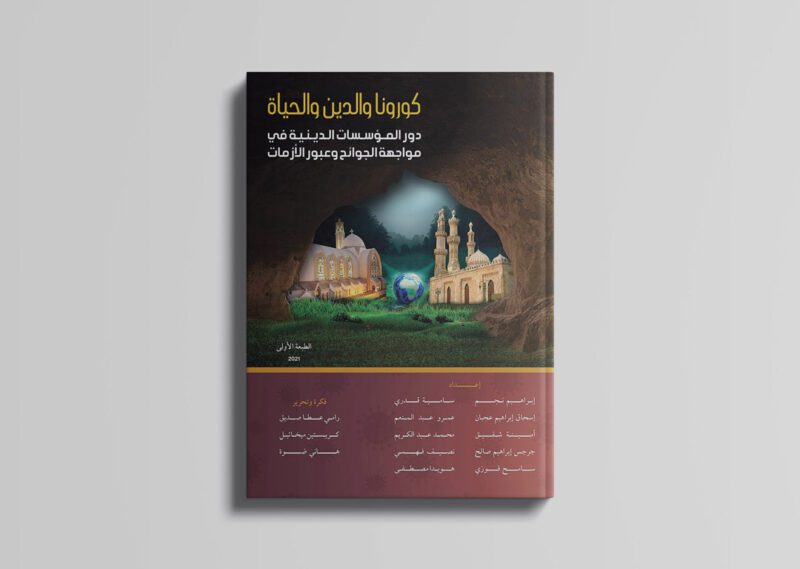

The son of a Hindu father and a Catholic mother, Juan Carlos Ramchandani grew up in an interreligious, intercultural environment from day one. Today, he is an ordained Hindu priest, President of the Hindu Federation of Spain and KAICIID Fellow.
When the UN Climate Change Conference (COP 25) came to Madrid in 2019, Ramchandani was invited to participate on an interreligious panel: “what religions can do to preserve the earth.”
That panel provided the seed for his KAICIID-supported book, Nature and Spirituality: Religions’ Cosmovision in view of Global Change (Naturaleza y Espiritualidad: La cosmovisión de las religiones ante el cambio global). In it, eight different religious leaders share their views on nature, ecology, and earth’s care. The contributors hope the publication will, “encourage religious leaders to teach their followers about how their own religion promotes nature care as well as to learn from other paths,” he said.
The book, said Ramchandani, “was a labour of love, trust, and interreligious dialogue.”
With its diverse voices and multiperspectival approach, Ramchandani said it truly is a “cosmovision,” a vision for the whole world.
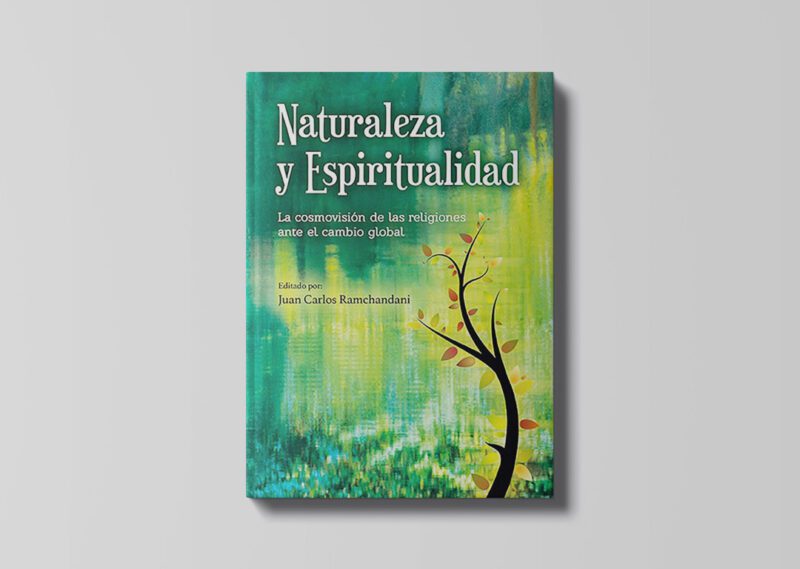

Kamilia Hamidah is one of the editors of the Module on Media Information Literacy, being published in Bahasa Indonesian for activists working on digital literacy and interreligious dialogue. The handbook provides an overview of new media dynamics, media literacy, netiquette, digital representation and information, digital activism, and the online threat of radicalism for activists working on digital literacy and interreligious dialogue.
With KAICIID’s financial support, Hamidah and others were able to collaborate across different religious backgrounds and speak together on the importance of combating hate speech by spreading positive narrative on cyberspace.
The aim of the module, said Hamidah, is to help participants “construct alternative narratives and understand different religious approaches to peacebuilding.
“In this module, participants will get an idea of how to create positive, peaceful social media content, how to avoid being easily provoked by social media posts, how to identify credible sources, and how to collaborate to always create inspiring positive narratives on social media,” said Hamidah.
This kind of training is especially important in Indonesia, Hamidah said. “Indonesia is the third-largest global digital user and online-based religious intolerance is on the rise,” she said, “digital literacy is an urgent initiative to answer this challenge.”
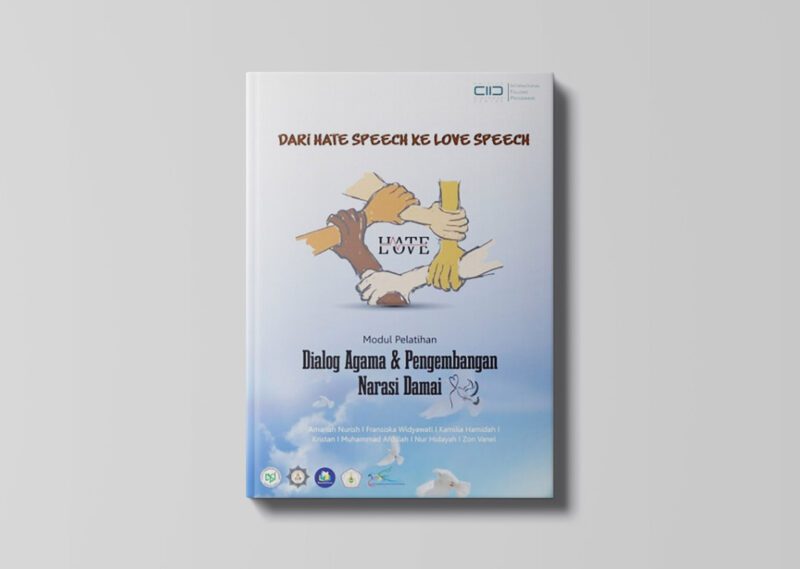

**Below are all 20 publications that will be featured at the upcoming KAICIID Fellows Programme event on 13 January 2022 at 14:00 CET **
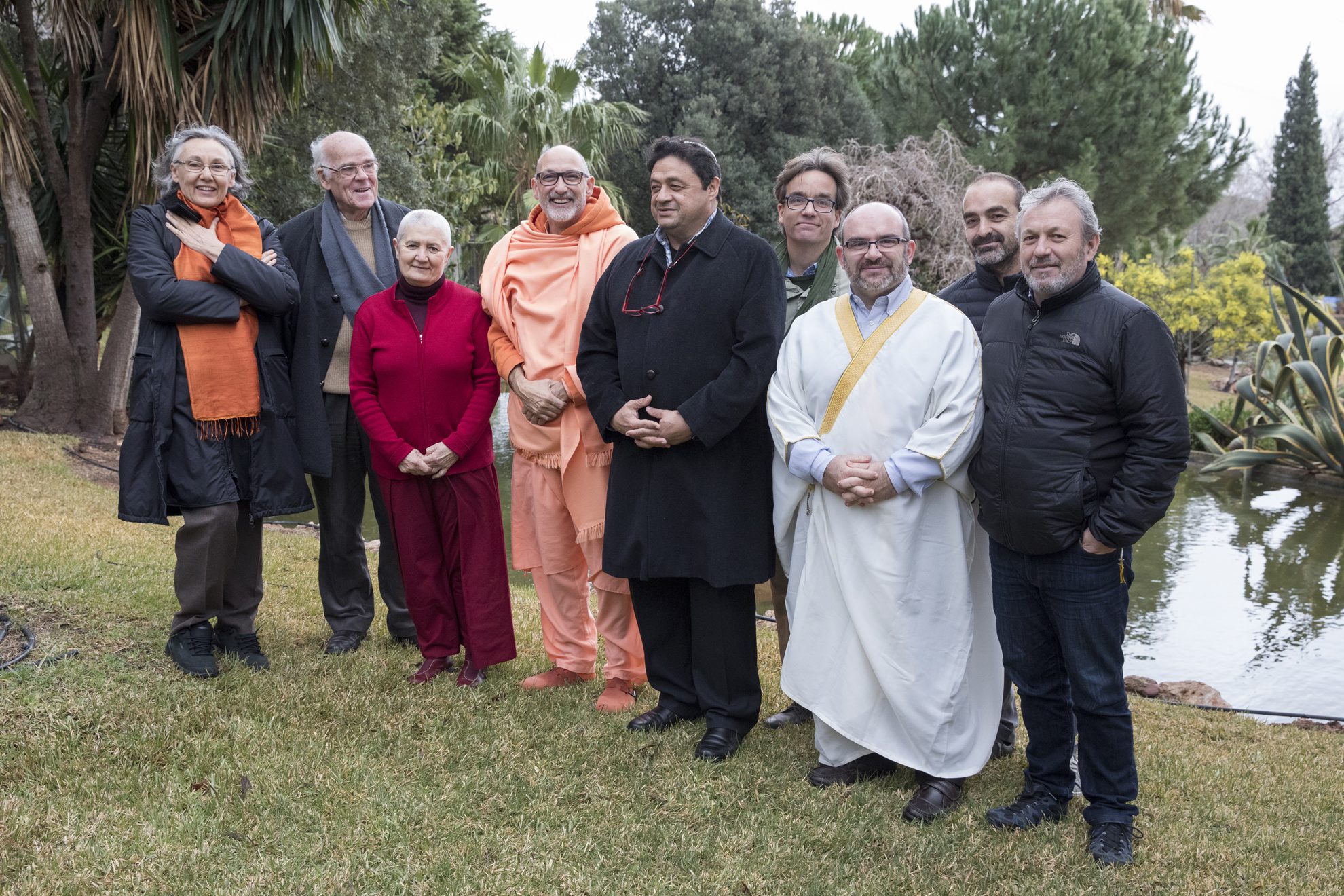

Desde en Foro Interreligioso Trancendence Internacional llevamos a cabo la realización de distintas actividades, si quieres estar informado de las mismas y las fechas en que se realizan, de forma que que puedas asistir a los eventos abiertos al público puedes suscribirte.